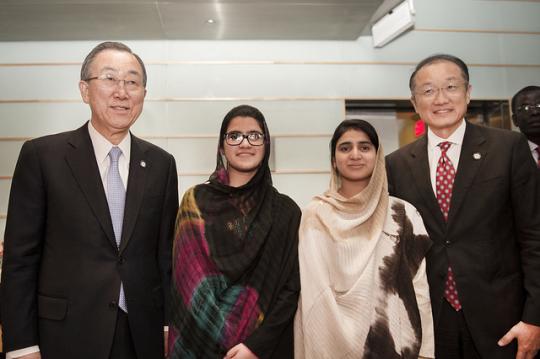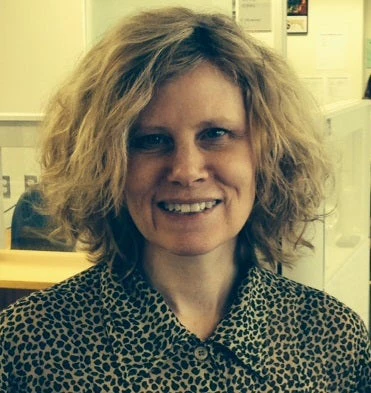
The world needs to step up efforts to educate large numbers of young people to meet the challenges of the 21st century. That was a key message at the Learning for All Symposium, Investing in a Brighter Future, at the IMF-World Bank Spring Meetings.
The event, moderated by PBS News Anchor Judy Woodruff and webcast in three languages, linked what several participants described as an ongoing “learning crisis” with high unemployment among young people worldwide.
While a lot of progress has been made getting children into school, 57 million are still out of school. Studies have found that education gaps are impeding skills development, economic growth, and competitiveness around the world. In 2011 it was estimated that 73 million young people were unemployed globally. Youth employment rates are two to four times as high as those of adults in most countries.
An estimated 250 million children cannot read or write after more than three years of schooling. According to UNESCO’s latest Education for All Global Monitoring report, 100 million young women in low- and lower-middle-income countries are unable to read a single sentence, said United Nations Secretary-General Ban Ki-moon.
Even so, “It is not enough for education to produce individuals who can read, write and count; education must be transformative, practical, and able to promote shared values,” Ban said.
Former U.K. Prime Minister Gordon Brown, now UN Special Envoy for Global Education, said the world needs to accelerate efforts to meet the Millennium Development Goal calling for universal primary education by 2015. “We need a coalition over these next 21 months to see how far and how fast we can go to deliver the 57 million children who are out of school opportunities that otherwise they would never have.”
World Bank Group President Jim Yong Kim said the post-2015 goals should also ensure all “children are equipped to lead productive lives and meet the challenges of the 21st century.”
Some 700 million jobs will need to be created by 2020, according to the International Labor Organization, said Norway’s Minister of Foreign Affairs Børge Brende. “We have to have more and better education and vocational training in developing countries” and work more closely with the private sector to identify the skills that are needed, he said.
A panel of ministers from Bangladesh, Malawi, Papua New Guinea, and Senegal said education is a major priority in their countries and crucial for development. However, they face challenges, such as employing adequate numbers of teachers and making education relevant to the realities of today’s world.
The needs are even greater for children affected by or displaced by conflict, said United States Agency for International Development Administrator Rajiv Shah. He said education needs to be prioritized in those settings, and innovative programs implemented, such as No Lost Generation, an effort to help Syrian refugee children.
Watch a replay of the event.


Join the Conversation